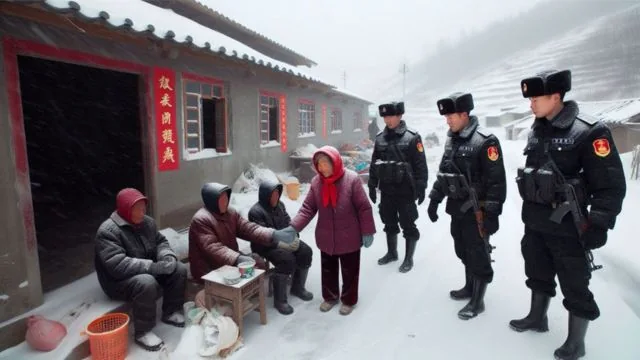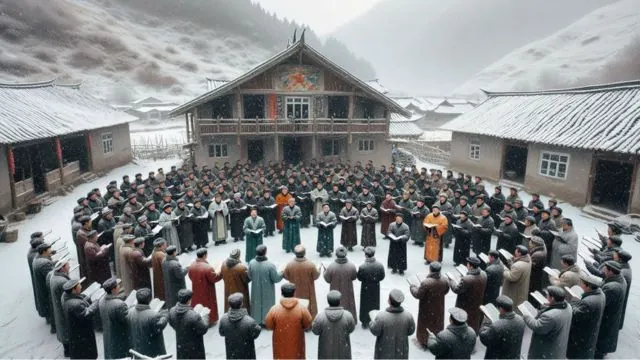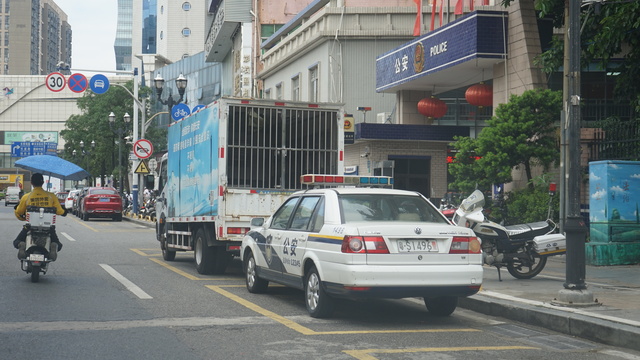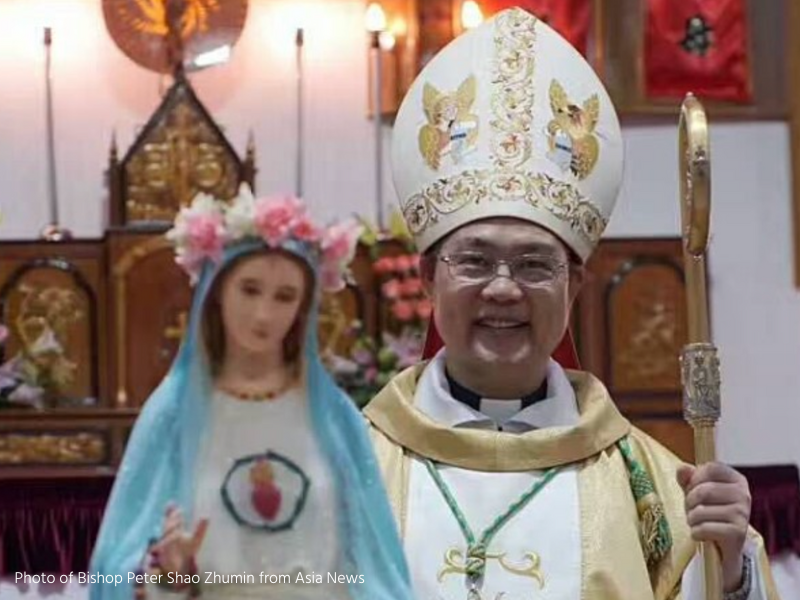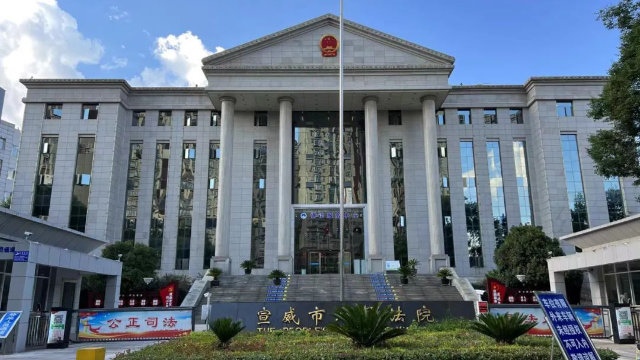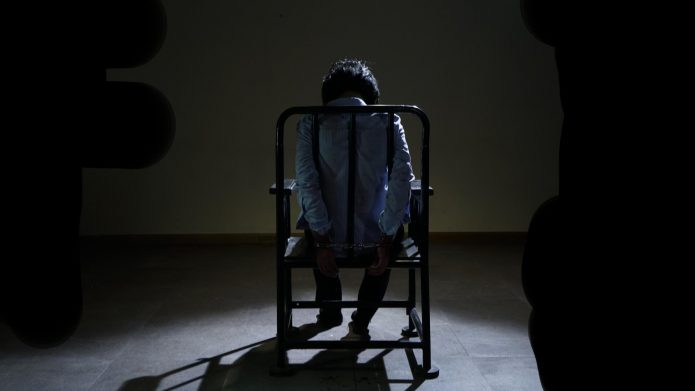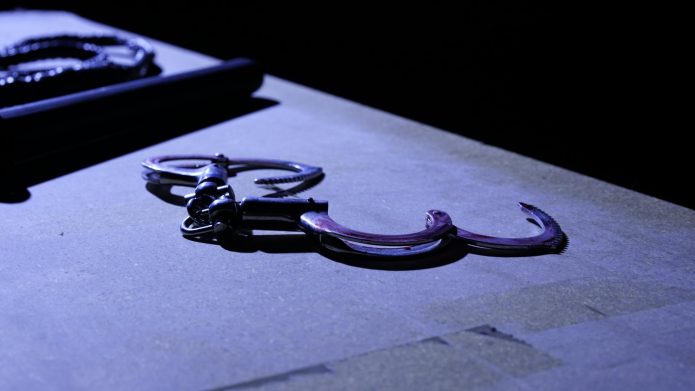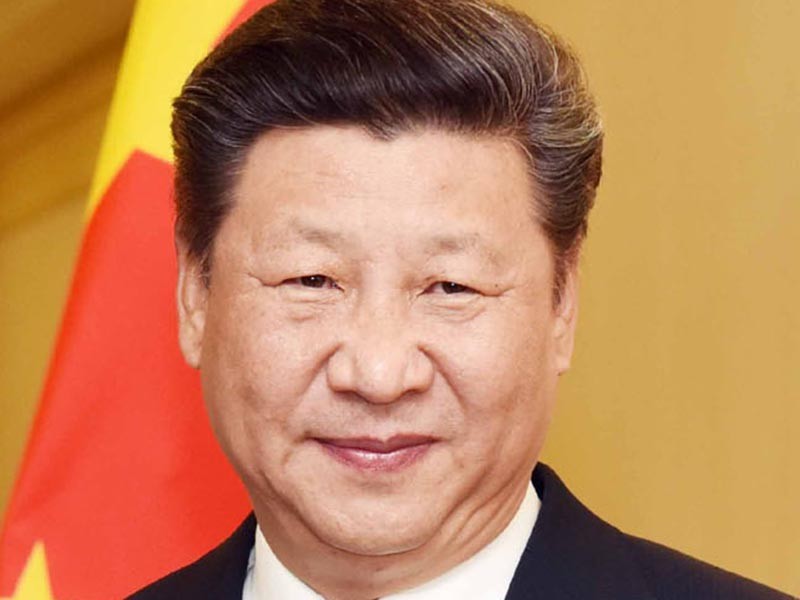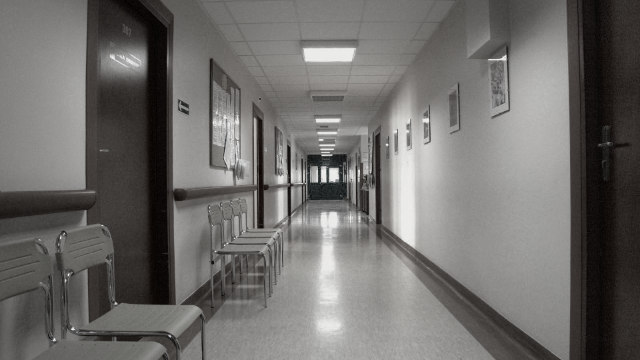The Belgian NGO Human Rights Without Frontiers reports on 20 cases of extra-judicial killing of members of The Church of Almighty Good in China

On 29 April 1997, Xie Yongjiang learned that one of his friends had been arrested for preaching. Fearing that his friend’s belongings would be confiscated by the police, Xie, his son-in-law, Mr. Gao, and Mr. Gao’s father, rushed to their friend’s home. The three men worked until 2:00am, moving their friend’s personal belongings to a safe place.
The three men rode their bicycles home in the early morning hours of 30 April; but as they neared the town of Wugou, they were stopped by local police officers. Xie Yongjiang, who had been arrested previously as a member of The Church of Almighty God, a Chinese Christian new religious movement, was recognized by the officers. All the trio was arrested and taken to the Wugou Town Police Station.
Two male officers beat Mr. Gao with a belt and kicked him, threatening death if Mr. Gao did not falsely admit guilt of the preaching charges. The police officers whipped Mr. Gao with a belt, until it finally broke. The following day, the police officers switched their torture weapon to a metal rod.
The following day, Mr. Gao and his father were taken to the Public Security Bureau for further questioning and paper work formalities. It was then that Mr. Gao’s father hinted to his son that something terrible had happened to Xie.
That evening, on their ride back to the police station, Mr. Gao asked their escort about Xie. The driver threatened to kill him if he inquired about Xie again. Mr. Gao and his father were sent to the Suixi County Detention Center.
On 1 May, a friend went looking for Xie at the Wugou Town Police Station. Miraculously, he was able to confirm that Xie was locked in a dark room with one small opening. Through this opening, Xie told his friend that he was not in good physical condition – the police had been ruthlessly torturing him.
Hearing of this news, Xie’s wife immediately went to the police station to bring her husband a blanket. Upon arrival, she saw her husband in the station courtyard washing a police car. The officers however, refused her request to speak with Xie. She watched as he walked with a severe limp around the car – and this is the last time that she would see her husband.
Xie’s wife visited him again the next day to bring him food. When she arrived, the police informed her that he had been transferred to Suixi County. On the afternoon of 2 May, Xie’s family was notified that he had committed suicide in the police station. The police informed them that his body had already been sent to the crematorium. His family begged to see his body – a request which the authorities denied. However, through personal connections, they were able to see his body as it laid in the Suixi County Baishan Crematorium and to take some pictures.
Xie’s son recounts that his father’s body was covered in bruises, welts, and dried blood. His face and body were covered with lacerations. It was clear to him that his father had died after incredible suffering. The family concluded that Xie did not die from suicide and they sought justice. Xie’s family set out to sue the Wugou Town Police Station.
Local authorities warned the family to settle the matter privately, but they refused. Once the news of Xie’s torture and death spread around the community, there was local uproar. As a result, the Suixi County Procuratorate approved the arrest of police officer Wang Min. However, nearing the end of the court case, Wang Min retracted his testimony, stating that he was simply covering for the police station and was not really the one responsible for Xie’s torture and death. Wang Min was then released on bail pending trial.
The case was brought to a civil mediation case in the Suixi People’s Court. In the Conciliation Agreement, it was stated that during the interrogation Wang Min had hit Xie with a belt four times and had kicked him twice; after that, Xie hung himself. The court ruled that Wang Min owed the family 41,000 RMB in compensation. The family was not appeased as they did not seek money, but justice for Xie. They affirm to this day that Xie did not commit suicide. The pictures they were able to take just before his body was cremated speak for themselves.
This is one of twenty cases collected by the well-known Belgian NGO Human Rights Without Frontiers in their new book, Tortured to Death: The Persecution of The Church of Almighty God in China (Brussels: Human Rights Without Frontiers, 2018), published with the cooperation of Bitter Winter.
The 20 well-documented cases collected in the book are just the tip of the iceberg. In all likelihood, the number of cases of extra-judicial killings of members of The Church of Almighty God and devotees of other banned groups classified as xie jiao (“heterodox teachings”) in China is much higher. But the cases included in the book offer enough food for thought, and they include top leaders of The Church of Almighty God such as Ma Suoping (female, 1969-2009), who was the national leader for the Church in Mainland China. Cases of “organ harvesting” from prisoners of The Church of Almighty God who were killed are also mentioned.
Two conclusions come from reading this valuable book. First, the torture and killing of member of The Church of Almighty God in China should be stopped immediately, with the cooperation of the international community and all free countries. Second, members of The Church of Almighty God who seek asylum abroad run a serious risk of being tortured and killed if they are sent back to China. They should be granted asylum, and repatriating them to China is a crime.
Source: Bitter Winter



